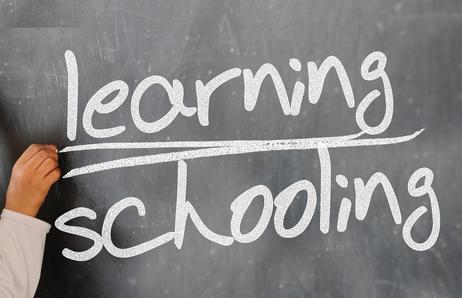Why Attend Community College? — A 2025 Perspective
For decades, community colleges have served as vital connectors between high school and higher education, offering accessible, flexible, and cost-effective pathways for diverse learners. As we step into 2025, the reasons to attend a community college remain compelling—and in many respects, even stronger. Below is an updated look at the key arguments for choosing a community college, backed by the latest data, trends, and real-world examples.
1. Affordability Remains a Core Advantage
One of the most powerful draws of community colleges is their cost—especially compared to four-year institutions.
In the 2024–25 academic year, average tuition and fees at U.S. community colleges stood at about $4,050, accounting for roughly 20 percent of a student’s overall budget (tuition, books, housing, and living costs).
More precisely, in 2025, in-state public two-year college tuition averages around $5,099, while out-of-state tuition averages $8,784. Community College Review
Some institutions report lower in-district rates: for example, in-district tuition and fees average approximately $3,598 annually.
Because community college students often live at home and commute, many avoid the high costs of room and board associated with four-year colleges.
In contrast, four-year public universities in 2024–25 carried average “sticker” prices of nearly $29,900 per year (before financial aid) for in-state students. Bestcolleges.com Thus, for many families,



























